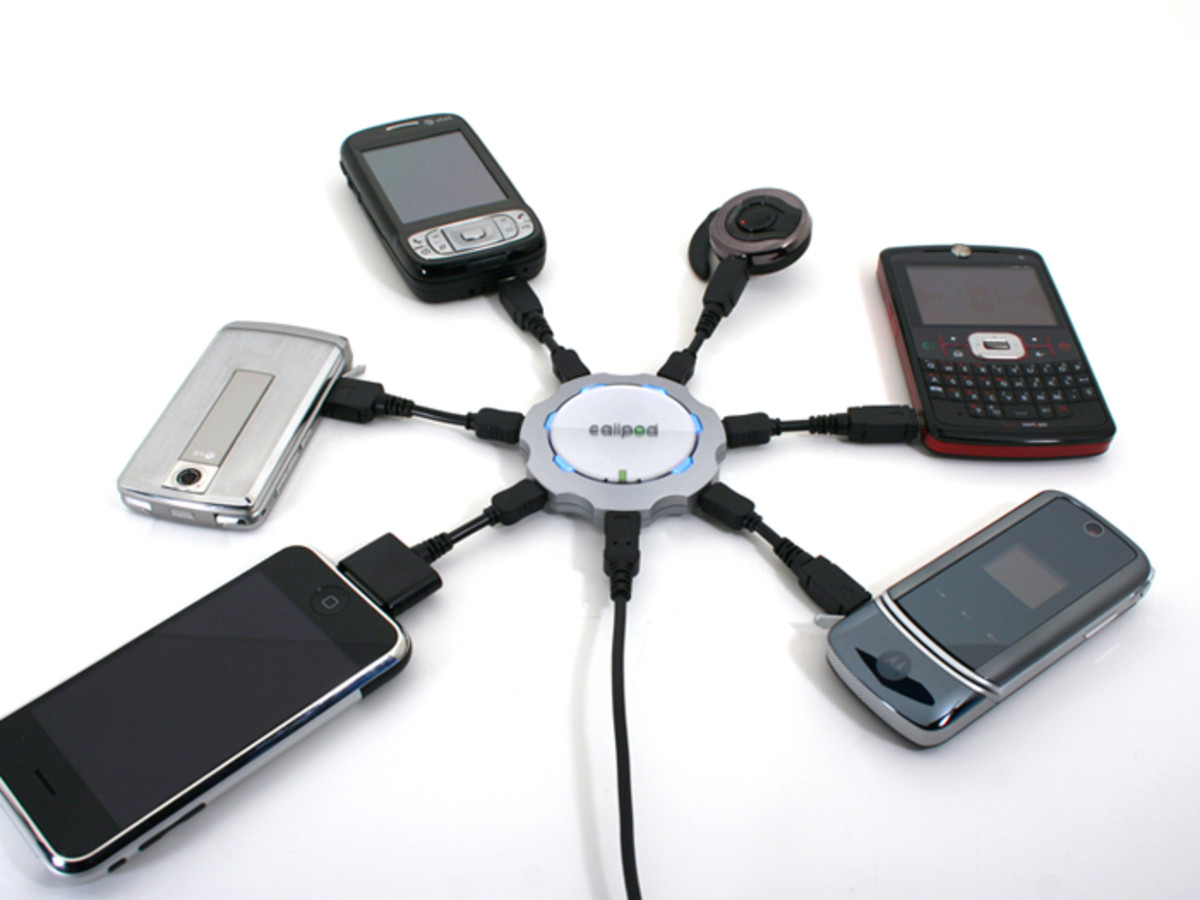The Mobile Phone Age: Its wonders and blunders
The Mobile Phone Age: Its wonders and blunders
The mobile phone as a communication gadget is a wonderful output of human creativity. Some of us will recall that the first fully automatic mobile phone system, called MTA (Mobile Telephone System A) which was developed by Ericsson and commercially released in Sweden in 1956 was a far cry from the very handy and stylish mobile phones that we know now. Back then it was a 40-kilogram phone. In 1965 it became a lighter gadget with a reduced weight of 9 kilograms. There were only 150 customers who bought it and this increased to 600 until the sales stopped in 1983. Then came the Motorola mobile phone which was launched in April 3, 1973. Calling Motorola’s rival AT & T’s Bell Labs, Dr. Martin Cooper used the Motorola phone while walking the streets of New York City in front of reporters. The evolution of the mobile phone that we know now has been such that we wouldn’t imagine that now it is no longer that heavy and it has features like a video, a camera, text messaging and many more. No longer the original 40-kilogram gadget, humanity benefits from its uses but is also warned of some threats that it carries with it.
With the mobile phones, our penmanship, not to mention our spelling and grammar, has regressed into a relatively close-to-stone-age level. The scented stationeries where we used to write our letters to friends or lovers have disappeared from the office supply shops. There’s not a care in the world for many people that the stationeries are gone. With a two or three-liner text message a birthday or an anniversary greeting is just a few seconds away from any point in the world. But you can no longer write a song about “pages in an old love letter”. That’s now history.
You need a piece of information from a brother in Canada or a friend in Kenya - the information is available to you in less than 30 minutes. You forgot your bank account number, no problem. Any country in the world is just a touch away. But our concept of lateness has changed tremendously too. In the 1960’s a reply to a letter sent after a week was not late. There was no grumbling if you didn’t get the information you needed from your friend in the US in a week’s time. Today, a text message sent at 9:00 in the morning is expected to get a reply in a few minutes. If the reply doesn’t come, the normal reaction is: “ He /She isn’t replying” even if there can be technical problems like having run out of a “load” or battery. More than the concept of lateness or promptness is the multi-tasking mode that we are thrown into because of the mobile phone. For instance, meetings are not just meetings but business transactions too outside of the venue of the meeting. Unless people in attendance strictly agree on switching off their mobile phones, the meetings will be disturbed by ring tones that will make you march or dance or run for your life. You feel insulted when you are talking in a meeting and in front of you, two or three people are text messaging or having a phone discussion.
Our manners have become greatly affected too. When the phone rings, our normal reaction is to answer the phone even if we are in the midst of a serious conversation with someone else. How different now are our ways of dealing with people we are talking to. What were bad manners then are not viewed as such anymore. In a sense, we have regressed into insensitivity but instead of acknowledging the regression, we call it adjustment to the changing times.
Where is the mobile phone leading us to? You can’t imagine that a handy communication gadget has become a small screen for movies, video shows or games. At its worst, a mobile phone can be a screen for pornography. The internet is so much a part now of the mobile phone system that global information is just at our fingertips if we have the money to make the mobile phone accessible.
Yet, with the mobile phone as a 21st century gadget, we have not globalized tolerance, compassion, empathy and all the other higher-ordered values of a civilized society. The world-wide rice crisis and the skyrocketing oil price is a testimony to the contrapuntal direction of technology and human relationships. The world is about to reach the height of perfection of communication gadgets. The physical channels of communication evolves too much faster than the desirable value and belief system that could have flowed into human relationships through the mobile phones. But as always, in any advancement, be it a system or a process, we win some and we lose some. In the case of the mobile phone, we win in terms of the speed of channeling information but we lose in terms of pulling ourselves and others to our desired higher evolution..
There are threats to health that the mobile phone carries with it. There’s the threat of too much exposure to radiation. Though some studies say that no definite link between cancer and the continued use of the mobile phone has been found, the threat of myopia on children has been noted. Though this threat of myopia in children as found out, is not irreversible, it is still a health risk that must not be ignored according to Khaleej Times online.
There is also the possibility of acoustic neuroma according to the Mobile Operators Association (Please follow the link below.)
http://www.mobilemastinfo.com/information/radiowaves_and_health/health_reports.htm
Acoustic neuroma is also called vestibular schwannoma, a kind of tumor that can occur in relation to other cranial nerves or spinal nerve root.
No human invention has been perfect in all aspects. Like the atomic energy which has been discovered primarily for medical purposes but was also used for warfare, the mobile phone has similar dual effect on humanity. It’s up for us to minimize the risks and maximize the benefits of this amazing discovery.









